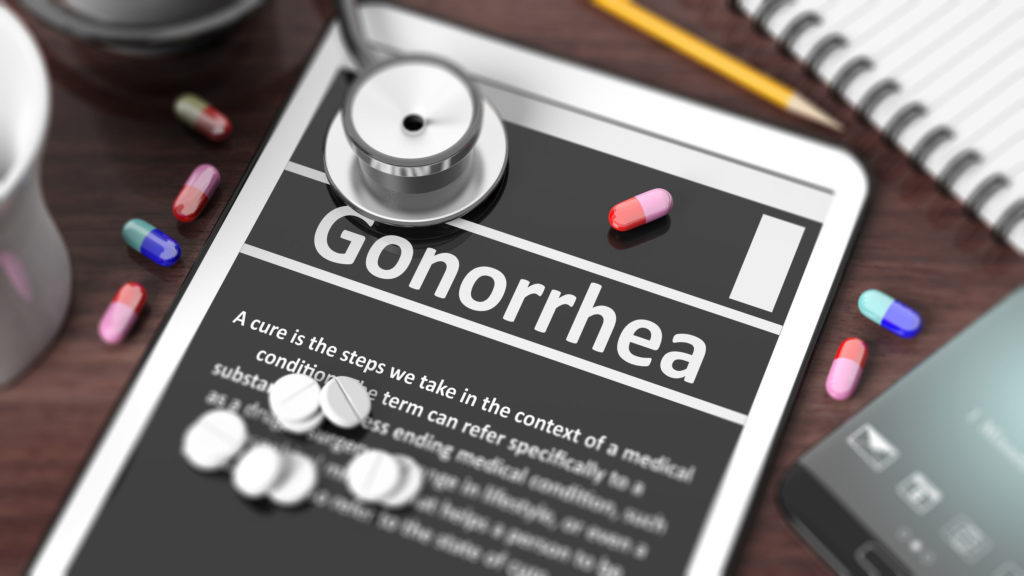Sexually Transmitted Diseases, commonly called STDs or STIs, are infections caused by micro-organisms transmitted from one person to another during sex.
Sexually Transmitted Disease: How do we define the MST?
STDs, or sexually transmitted diseases are infections transmitted sexually, particularly vaginal, anal or oral. They are due to microorganisms (bacteria, viruses, fungi or parasites). Most STDs could be treated with medication. Indeed, most of them heal quickly with proper treatment, but some may leave traces sometimes serious. The only way to avoid this is by using condoms.
These diseases, sometimes develop discrete symptoms apply to both men and women. It is, therefore, essential to prevent and treat immediately. The virus spread through the vagina, anus, mouth, urethra (tube that carries urine out of the bladder), and penis. There are various agents responsible for MST: viruses (AIDS, genital herpes, hepatitis B, warts), bacteria (gonorrhea, syphilis), fungi (Candida) or parasites (trichomoniasis), and others.

Sexually Transmitted Disease: The Symptoms
Symptoms of sexually transmitted diseases usually include: an unusual or unpleasant genital odor, pain, itches, rash, protrusions and ulcers. In addition, women may have greater than normal vaginal discharge and experience pain when urinating. Some infections can cause more serious health problems; which can lead to infertility.
If you think you have an STD, do not act as if it does not exist. Also, if you have one or unusual symptoms, consult your doctor or, if you prefer anonymity, go to a clinic. If you have no symptoms, which is not uncommon, you should still make you consider whether you think you are at risk, for example if you have had unprotected sex. If you discovered an infection, your recent sexual partners should also be treated. For men and women, some STDs (AIDS, hepatitis B) does not manifest genital signs. Other (herpes, warts, chlamydia) can present some obvious genital symptoms, but often very subtle or nonexistent.
In Women:
- Important smelly vaginal discharge or,
- itching of the vulva,
- burning sensation when urinating or during sex,
- bleeding outside the rules,
- small lesions or painful blisters on sex, anus, mouth,
- pain in the lower abdomen,
- pharyngitis with fever,
- warts on sex or anus.
In men:
- flow at the end of the penis,
- burns or difficulty urinating,
- itching on the genitals,
- small lesions or painful blisters on sex, anus, mouth,
- testicular pain,
- pharyngitis with fever,
- warts on sex or anus.

Sexually Transmitted Disease: Treatment
- Trichomoniasis caused by a tiny parasite that causes vaginal discharge greenish and frothy. treated with antibiotics; partners must also be treated.
- Warts (or rooster combs), an STD increasingly common, caused by human papillomavirus. From one to three months after contact with an infected person, white or pinkish bumps appear on the genitals. However, this is not necessarily a sign, infected persons may have no symptoms. Visible lesions destroyed with laser, liquid nitrogen or by application of a lotion. As warts virus remains latent in the skin cells, relapses and transmission to others are common. Some strains of the virus favor the development of cervical cancer. So we propose to women with frequently pass a drug test.
- Genital herpes caused by herpes simplex virus. Many people have no symptoms but, in others, the virus can cause a disease related to influenza and accompanied by painful ulcerated blisters in the genital area. Relapses are common.
Sexually Transmitted Disease: More Follows
- Chlamydia is one of the most common STDs. Often it does not have symptoms but can still cause infertility. In women, accompanied by pelvic pain during intercourse and bleeding between periods. It is treated with antibiotics.
- Gonorrhea is a bacterial infection that causes mild discomfort during urination or, conversely, severe urethral pain and abundant vaginal discharge and soiled with pus. It can spread and cause pelvic inflammatory disease in women. It is treated with a single dose of antibiotics.
- Syphilis is a bacterial infection. A painless and shallow lesion first appears on the site of infection. If left untreated, it progresses to secondary syphilis, which presents like symptoms of the flu, and skin paydays. It is then dormant for a period that can last from 3 to 40 years, after which the final stage and debilitating, sometimes fatal, occurs. It is usually treated with penicillin injections.
- Hepatitis B and HIV are transmitted sexually. People can protect themselves from hepatitis B with a vaccine.

Sexually Transmitted Disease: STD Prevention
STD prevention first passes through the use of male or female condoms during sex. Indeed, one relationship without sufficient protection could be responsible for catching an STD. The gel is the essential complement of condoms for anal penetration, to avoid out (only use water-based lubricant). For the relations between the mouth and the anus or female, it is useful to use the “square of latex”: it is a latex film sheet, which replaced by a condom cut in its length, which allows for oral sex or oral-anal without taking risks.
Sexually Transmitted Disease: Other resources come from personal choice:
- abstinence,
- mutual fidelity between uninfected.
- Good personal hygiene is also essential:
- Wash genitals daily with soap and water helps to remove surface bacteria that can cause infection.
- The genitals dried thoroughly after washing, because hot and cold are the delight of microbes.
- Women should avoid douching that irritate the vagina and weaken its defenses, and the use of a vaginal deodorant: water and soap are sufficient for external intimate hygiene.
- Too toiletries detergents can irritate the genitals and weaken the natural defenses.
- Urinating after sex does not protect but limits the risk of STDs; wash thoroughly after too.

Sexually Transmitted Disease: WARNING
The contraceptive pill, the IUD, ova, spermicidal creams, diaphragm, coitus interruptus do not protect against STDs.

